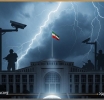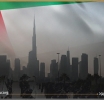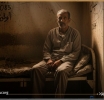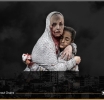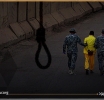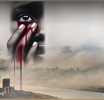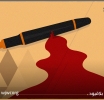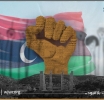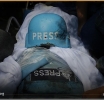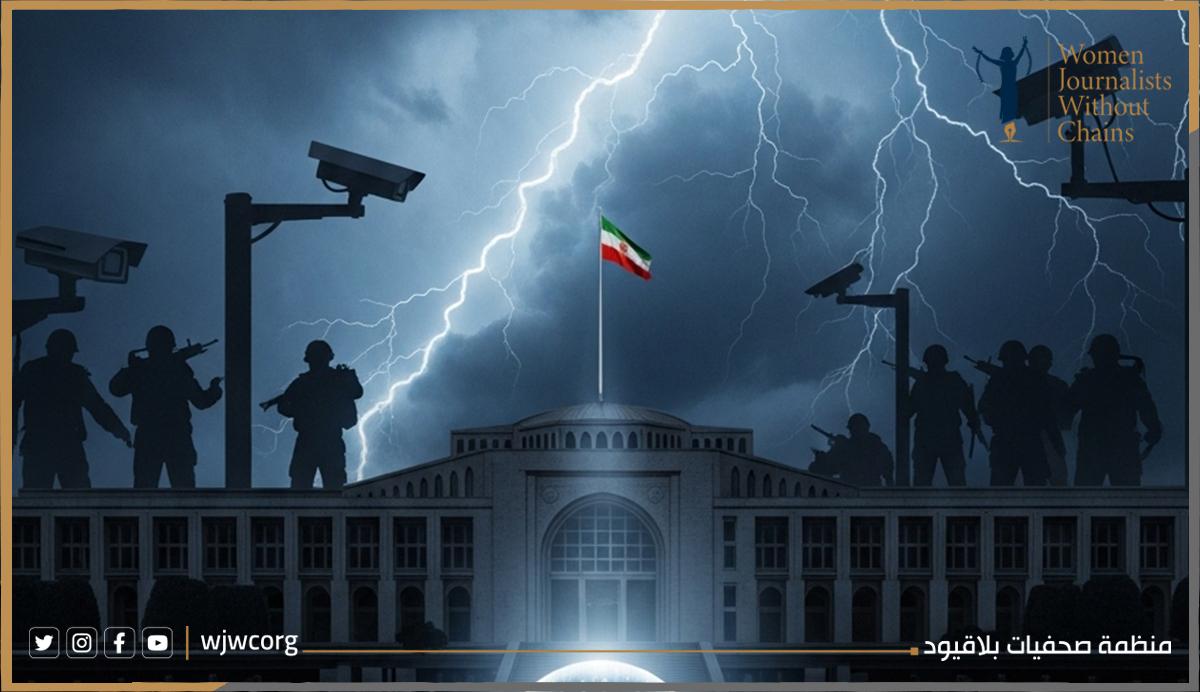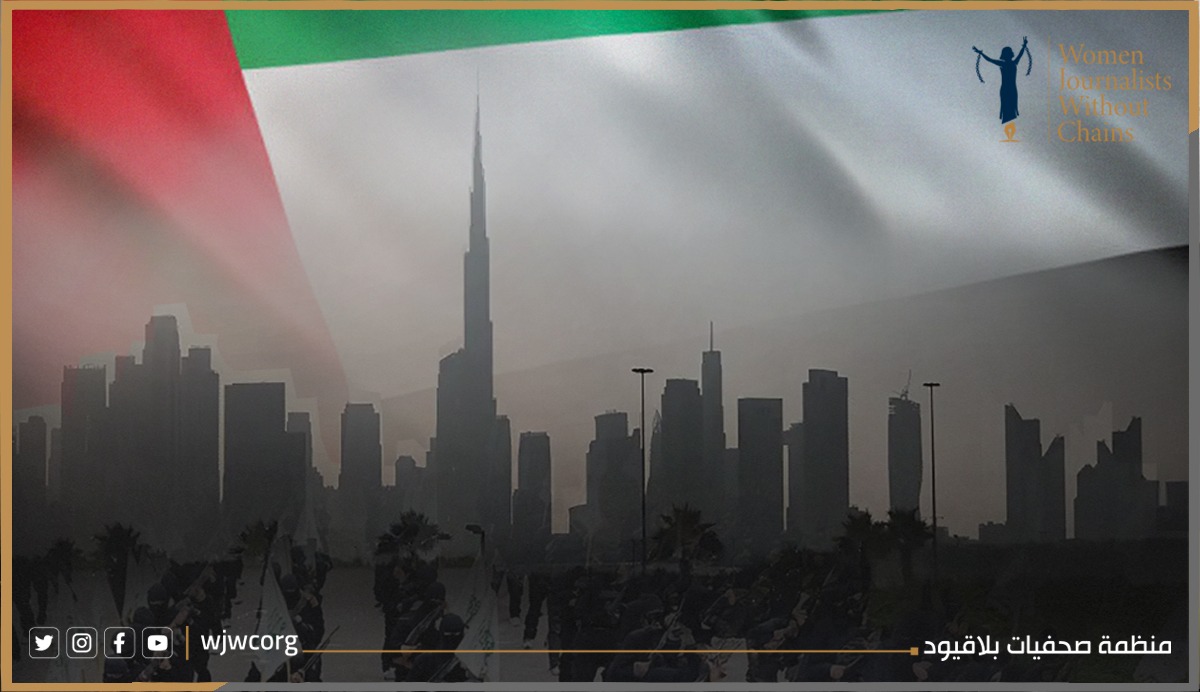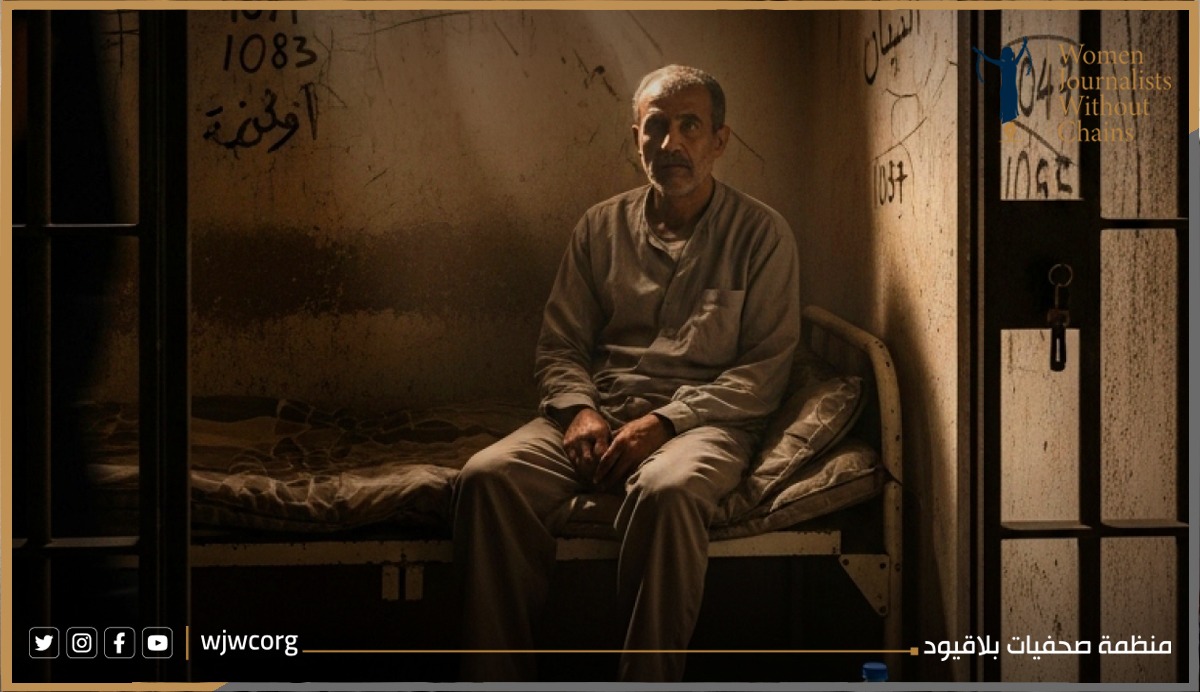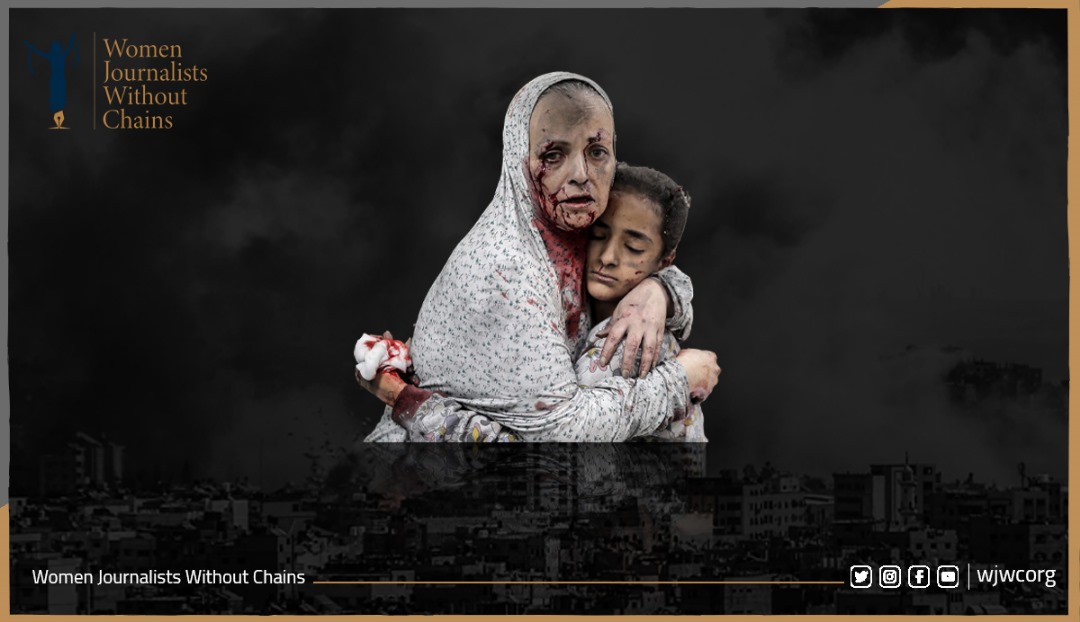On October 7 last year, Hamas attacked Israel, prompting a military response targeting the Gaza Strip.
This led to the deaths and injuries of hundreds of journalists, while Israeli occupation undertook a systematic effort to suppress media coverage of Israeli war crimes, resulting in approximately 150,000 civilian casualties, including both deaths and injuries, with most victims being women and children.
A year into the ongoing conflict in the Gaza Strip, Israeli war criminals responsible for systematically targeting the independent press remain unpunished. Tawakkol Karman, head of Women Journalists Without Chains and Nobel Peace Prize laureate (2011), emphasized, "They cannot escape justice. Those who kill journalists must be prosecuted immediately. Impunity only emboldens these criminals to carry on with their violence."
The monitoring unit of Women Journalists Without Chains reports that a journalist is murdered every two days in the Gaza Strip. In the conflict's first year, 172 Palestinian journalists lost their lives, including 19 women, while nearly 200 more sustained injuries. This translates to more than one journalist being killed or harmed on a daily basis. Disturbingly, a significant number of those who perished were journalists along with their family members.
In this context, Women Journalists Without Chains has labeled the past year's events in Gaza as a horrific, unprecedented massacre of journalists. Their targeting was intentional; in multiple instances, the occupation deliberately struck journalistic crews despite prior notifications of their presence and clear indicators that they were journalists.
Throughout the year, occupation forces targeted journalists even while they wore press vests and helmets, ignoring international warnings that these actions constitute war crimes. Women Journalists Without Chains asserts that Israel's leaders have historically evaded accountability for killing journalists, leading to a troubling insensitivity toward these crimes.
Throughout the year, occupation forces continued to target journalists, even while they wore press vests and helmets. This occurred despite numerous international warnings that these actions constitute war crimes for which the occupying forces should be held accountable. As a result, Women Journalists Without Chains contends that Israel's history of leaders evading punishment for killing journalists has fostered a disturbing insensitivity to these crimes.
Tawakkol Karman emphasized, "The 172 journalists, both men and women, are not just numbers; they are voices that conveyed the truth and conducted vital field coverage. They were silenced forever by systematic Israeli attacks aimed at preventing their testimony about the war crimes being committed against the Palestinians."
"It is alarming that a journalist has been killed and his family destroyed for performing his duties. The targeting of journalists in the line of work is not an isolated event; it signifies a concerning escalation in efforts to silence free voices and hinder the dissemination of the truth."
The Monitoring Unit reports that most media offices and headquarters in the Gaza Strip have been destroyed, with over 82 media outlets either fully or partially devastated. Many journalists are now working from tents, facing severe challenges such as ongoing displacement, famine, and a lack of drinking water. These violations, which number in the thousands, have gone unmonitored throughout the year.
Throughout the year, Israel barred foreign press crews from entering the Gaza Strip, despite the ongoing conflict in a territory home to 2 million people. Most residents have been displaced and are crammed into a small area in the southern part of the Strip, facing widespread destruction of infrastructure and severe shortages of food and water.
Journalists, along with their offices and media outlets, are protected as civilians under international humanitarian law. Deliberate targeting, as practiced by Israel, constitutes a complete war crime. While the Israeli government turns a deaf ear to accusations against it, it has failed to provide any evidence for its claims that journalists are directly participating in hostilities, which would remove their protection as civilians.
"For over a year, Gazan journalists have faced a campaign of genocide against themselves and their families. With remarkable professionalism, resilience, and patience, they are setting powerful examples of the sacrifices made in journalism to convey events to the world and protect the people's right to know," stated Women Journalists Without Chains.
One year into the genocide and systematic targeting of Palestinian journalists, Women Journalists Without Chains demands the following:
- Prosecution of Israeli occupation leaders in European and international courts, including the International Criminal Court, for the killings of journalists. Files have already been submitted regarding targeted assassinations in the Gaza Strip.
- The international community to pressure Israel to stop its genocidal actions against journalists.
- Advocacy for the entry of journalistic crews into Palestinian territories, especially Gaza, to enable free and uncensored reporting.
- Support from international organizations focused on journalists to strengthen the resilience of Palestinian journalists in conveying the truth from Gaza and the occupied territories.
Compilation of journalists killed, as reported by government media in the Gaza strip:
- Mohammed al-Salhi
- Ibrahim Lafi
- Mohammed Jarghoun
- Asaad Shamlikh
- Saeed al-Taweel
- Hisham al-Nawajha
- Mohammed Abu Rizq
- Aed al-Najjar
- Mohammed Abu Matar
- Rajab al-Naqib
- Ahmed Shehab
- Abdel Rahman Shehab
- Hossam Mubarak
- Hani Al-Madhoun
- Issam Bahar
- Mohammed Baalousha
- Abdel Hadi Habib
- Ali Nasman
- Anas Abu Shamala
- Samih Al-Nadi
- Khalil Abu Athrah
- Mahmoud Abu Zarifa
- Mohammed Ali
- Iman Al-Aqili
- Mohammed Labad
- Mohammed Al-Shorbaji
- Rushdi Al-Sarraj
- Mohammed Al-Hassani
- Saed Halabi
- Jamal Al-Faqawi
- Ahmed Abu Mahadi
- Yasser Abu Namous
- Salma Mkhaimer
- Doaa Sharaf
- Salam Mima
- Majed Kashko
- Imad Al-Wahidi
- Hudhayfah Al-Najjar
- Nazmi Al-Nadim
- Majd Arandas
- Iyad Matar
- Mohammed Al-Biyari
- Mohammed Abu Hatab
- Zaher Al-Afghani
- Mustafa Al-Naqeeb
- Haitham Harara
- Mohammed Al-Jaja
- Yahya Abu Mani’
- Mohammed Abu Hasira
- Mahmoud Matar
- Ahmed Al-Qara
- Musa Al-Barash
- Ahmed Fatima
- Yaqoub Al-Barash
- Amr Abu Hayya
- Mustafa Al-Sawaf
- Abdel Halim Awad
- Sari Mansour
- Hassouna Islim
- Bilal Jadallah
- Alaa Al-Nimr
- Ayat Khadura
- Mohammed Al-Zaq
- Asim Al-Barsh
- Mohammed Ayyash
- Mustafa Bakir
- Amal Zuhd
- Musab Ashour
- Nader Al-Nazli
- Jamal Haniyeh
- Abdullah Darwish
- Montaser Al-Sawaf
- Marwan Al-Sawaf
- Adham Hassouna
- Mohammed Faraj Allah
- Hudhayfa Lulu
- Hassan Faraj Allah
- Shaima Al-Jazzar
- Mahmoud Salem
- Abdel Hamid Al-Qarinawi
- Hamada Al-Yaziji
- Hossam Ammar
- Ola Atallah
- Doaa Al-Jabour
- Nermin Qawwas
- Mohammed Abu Samra
- Abdel Karim Odeh
- Ahmed Abu Absa
- Hanan Ayyad
- Samer Abu Daqqa
- Rami Badir
- Asim Kamal Moussa
- Ali Ashour
- Mishaal Shahwan
- Haneen Al-Qatshan
- Abdullah Alwan
- Adel Zorob
- Alaa Abu Muammar
- Mohammed Khalifa
- Mohammed Abu Huwaidi
- Ahmed Jamal Al-Madhoun
- Mohammed Abd Al-Khaleq Al-Af
- Mohammed Younis Al-Zaytouniyah
- Mohammed Khair Al-Din
- Ahmed Maher Khair Al-Din
- Jabr Abu Hadros
- Akram Al-Shafi’i
- Hamza Wael Al-Dahdouh
- Mustafa Thuraya
- Ali Abu Ajwa
- Abdullah Baris
- Mohammed Abu Dayer
- Ahmed Badir
- Sharif Okasha
- Heba Al-Abadla
- Fouad Abu Khammash
- Mohammed Al-Thalathiini
- Yazan Al-Zwaidi
- Wael Abu Fanouneh
- Iyad Al-Rawag
- Issam Al-Lulu
- Mohammed Abdel-Fattah Atallah
- Rizq Al-Gharabli
- Nafez Abdel-Jawad
- Alaa Hassan Al-Homs
- Angham Ahmed Adwan
- Zaid Abu Zayed
- Yasser Mamdouh
- Mohammed Raslan Shanioura
- Mahmoud Mushtaha
- Mohammed Tishreen Yaghi
- Musab Abu Zayed
- Mohammed Khader Salama
- Mohammed Al-Rifi
- Abdul Rahman Saima
- Mahmoud Emad Issa
- Abdul Wahab Awni Abu Aoun
- Mohammed Adel Abu Sakhil
- Mohammed Al-Sayed Abu Sakhil
- Tariq Al-Sayed Abu Sakhil
- Mohammed Bassam Al-Jamal
- Mustafa Ayyad
- Bahaa Okasha
- Hael Al-Najjar
- Mahmoud Jahjouh
- Moataz Mustafa Al-Ghafri
- Amna Mahmoud Hamid
- Abdullah Ahmed Al-Jamal
- Ahlam Ezzat Al-Ajla
- Dina Abdullah Al-Batniji
- Mahmoud Qasim
- Salim Al-Shorafa
- Mohammed Mahmoud Abu Sharia
- Saadi Madoukh
- Adeeb Sakr
- Amjad Jahjouh
- Wafaa Abu Dabaan
- Rizq Abu Shakian
- Mohammed Munhal Abu Armana
- Mohammed Abdullah Mishmash
- Mohammed Abu Jasser
- Moatasem Ghurab
- Haidar Ibrahim Al-Masdar
- Ismail Al-Ghoul
- Rami Al-Rifi
- Mohammed Issa Abu Saada
- Tamim Ahmed Abu Muammar
- Abdullah Maher Al-Soussi
- Ibrahim Marwan Muharab
- Hamza Abdulrahman Murtaja
- Ali Nayef Ta’ima
- Mohammed Abdul Fattah Abdul Rabbah
- Abdullah Shakshak
- Wafaa Ali Al-Udaini

 En
En  Ar
Ar 